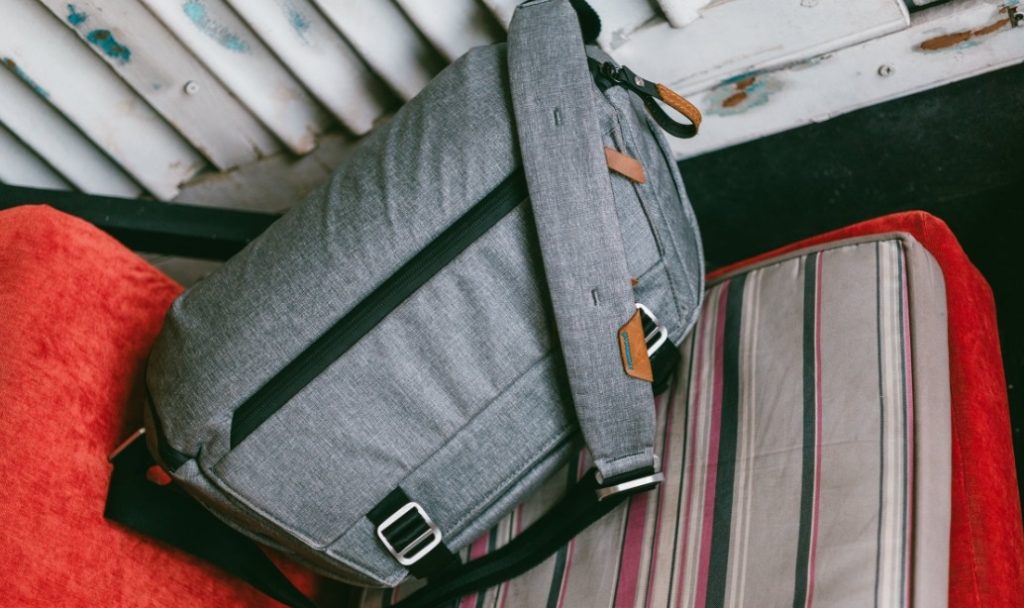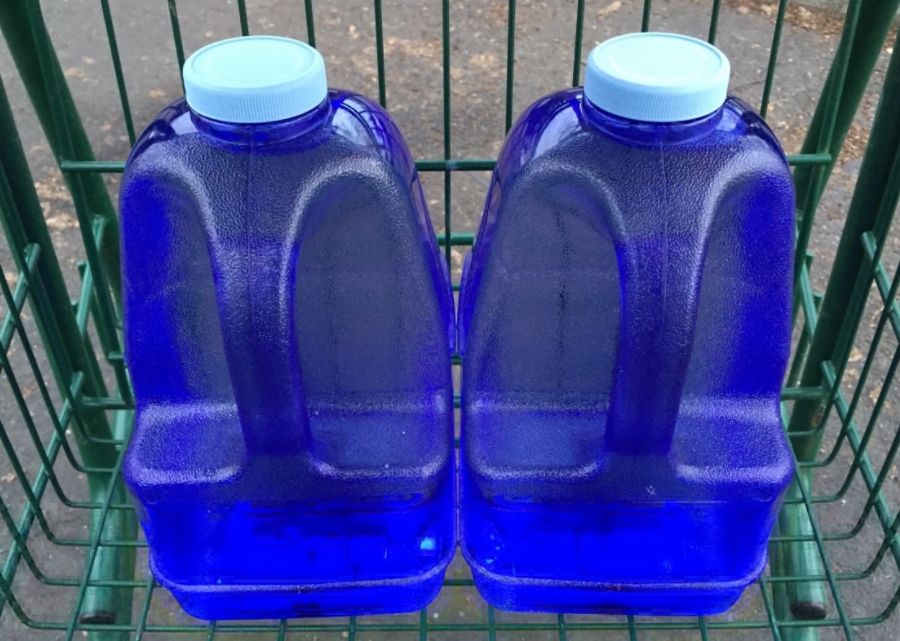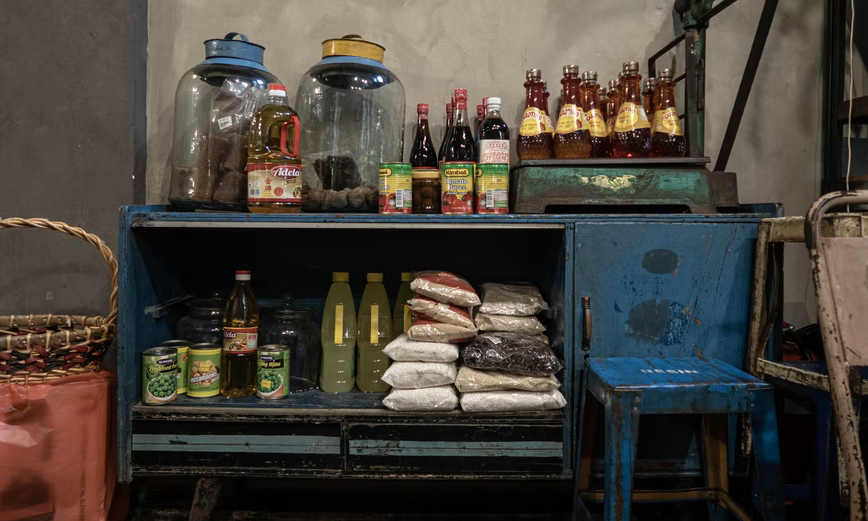Last Updated on November 14, 2022 by admin_hunter
Being an urban prepper is more than just having a stockpile of food if you can’t get to a supermarket. You have to be aware of your surroundings at all times and be ready to leave everything behind at the spur of the moment.
It can seem overwhelming to know how to be an urban prepper. That’s why we’re here. We’ve got 10 tips you need to know to be an urban prepper.
- 10 Tips You Need to Know to Be an Urban Prepper
- 1. Keep a Stash of Cash
- 2. Try to Blend In
- 3. Keep a Bag Packed and Ready
- 4. Learn Back Roads In and Out of Your City
- 5. Get a Bicycle
- 6. Keep a Stockpile of Ready to Eat Food
- 7. Store Clean Water
- 8. Learn CPR and Other Life-Saving Techniques
- 9. Keep Guns and Ammunition On Hand
- 10. Don’t Forget About Your Pets
- Bonus Tip: Stock Up on Medications
- Conclusion
10 Tips You Need to Know to Be an Urban Prepper
1. Keep a Stash of Cash
Whether it’s a power outage or down communication lines, you won’t be able to use your trusty debit or credit cards during an emergency. You’ll only be able to use cash and ATMs may be down as well, keeping you from withdrawing cash. You should keep a stash of cash set aside for an emergency. We recommend at least $150 in cash during an emergency.
2. Try to Blend In
Your neighbors around you may not be as prepared for an emergency as you are, and desperate times call for desperate measures. Your neighbors may try to take what you have if they notice you have food, water, or a power source like a generator. You should blend in and look for food, water, and fuel like your neighbors, even if you have plenty of these in your stockpile so that you don’t bring attention to yourself.
3. Keep a Bag Packed and Ready
Many emergencies keep you in your house but there may come a time when you need to leave immediately. Keep a bag packed and ready to grab and go when it’s time.

Your bag should include the following items:
- Blankets
- Ready to eat food
- Water
- Flashlights
- Emergency candles or glow sticks
- Survival radio
- Extra clothes
- First aid kit
- Cash
You can make as many emergency bags as you want. We recommend keeping one emergency bag at home and one in your car. That way you will always be prepared no matter where you are.
4. Learn Back Roads In and Out of Your City
When everyone is coming into the city or leaving the city, the roads can become gridlocked. You need to know the back roads you can take to get in and out of the city without being stuck in traffic during an emergency. Learn these roads without electronic GPS navigation, as GPS can go down during an emergency. Don’t rely on GPS or your phone to help you navigate the roads.
5. Get a Bicycle
You may not be able to use your car during an emergency. The battery may have died, you may not have fuel, or you may have abandoned your vehicle, leaving you with no mode of transportation except for your own two feet. You should get a bicycle to keep on hand in case you need to leave.
6. Keep a Stockpile of Ready to Eat Food
Ready to eat food is food that you don’t have to cook to eat. Ready to eat food is ideal in emergencies when there may be no power to heat or cook the food. Ready to eat food should be high in protein and fiber to keep you full. This includes many canned goods including canned tuna, salmon, beans, and soup. You should also have a stockpile of unperishable goods like crackers, granola, and peanuts. These will keep you full in between bigger meals.
7. Store Clean Water
You may not have access to clean water during an emergency, and boiling water may not be an option if the power is out. You should store clean water that you can use for drinking, cooking, and cleaning.

If you’re limited on space and can’t store cases of bottled water, we recommend immediately filling your bathtub with tap water to use. The tap water won’t last as long as bottled water, but it will give you a clean water supply that you can use.
If you have the storage space, we recommend buying cases of bottled water to stockpile in case of an emergency. You can use the bottled water as drinking water, for cooking, and for cleaning.
8. Learn CPR and Other Life-Saving Techniques
One of the best ways to be an urban prepper is to learn CPR and other first-aid treatments. You will likely be unable to go to a hospital or doctor’s office for basic treatment. You should learn how to do CPR, sew stitches, and render first aid to you or your family.
9. Keep Guns and Ammunition On Hand
Guns and ammunition are ideal for both hunting and self-protection during an emergency. For hunting, you should have a good hunting rifle with a scope to help you hunt for food from far distances. You should keep about 500 rounds of rifle ammunition to use for hunting. For self-protection, you should have a handgun with around 1,000 rounds of ammunition.
10. Don’t Forget About Your Pets
It’s easy to become consumed with keeping you and your family safe during an emergency but don’t forget about your pets. Your pets will need to have enough food and water, too. Make sure you take your pets with you if you decide to evacuate. Keep a blanket or toy for your pet so that your pet stays as calm and as happy as possible during an emergency.
Bonus Tip: Stock Up on Medications
The final tip we have before you go is to stock up on medications that you may need during an emergency. This includes both prescriptions and over-the-counter medications that you may need to survive. You should have enough medication to last you for at least 72 hours.
Conclusion
Being an urban prepper means having a plan for both hunkering down in your home or evacuating and living off the land. If you only have one plan, you’ll have to stick to that plan even if it’s the wrong choice. To be an urban prepper, we suggest having a plan for both staying at your home and evacuating so that you make the right choice no matter what.

